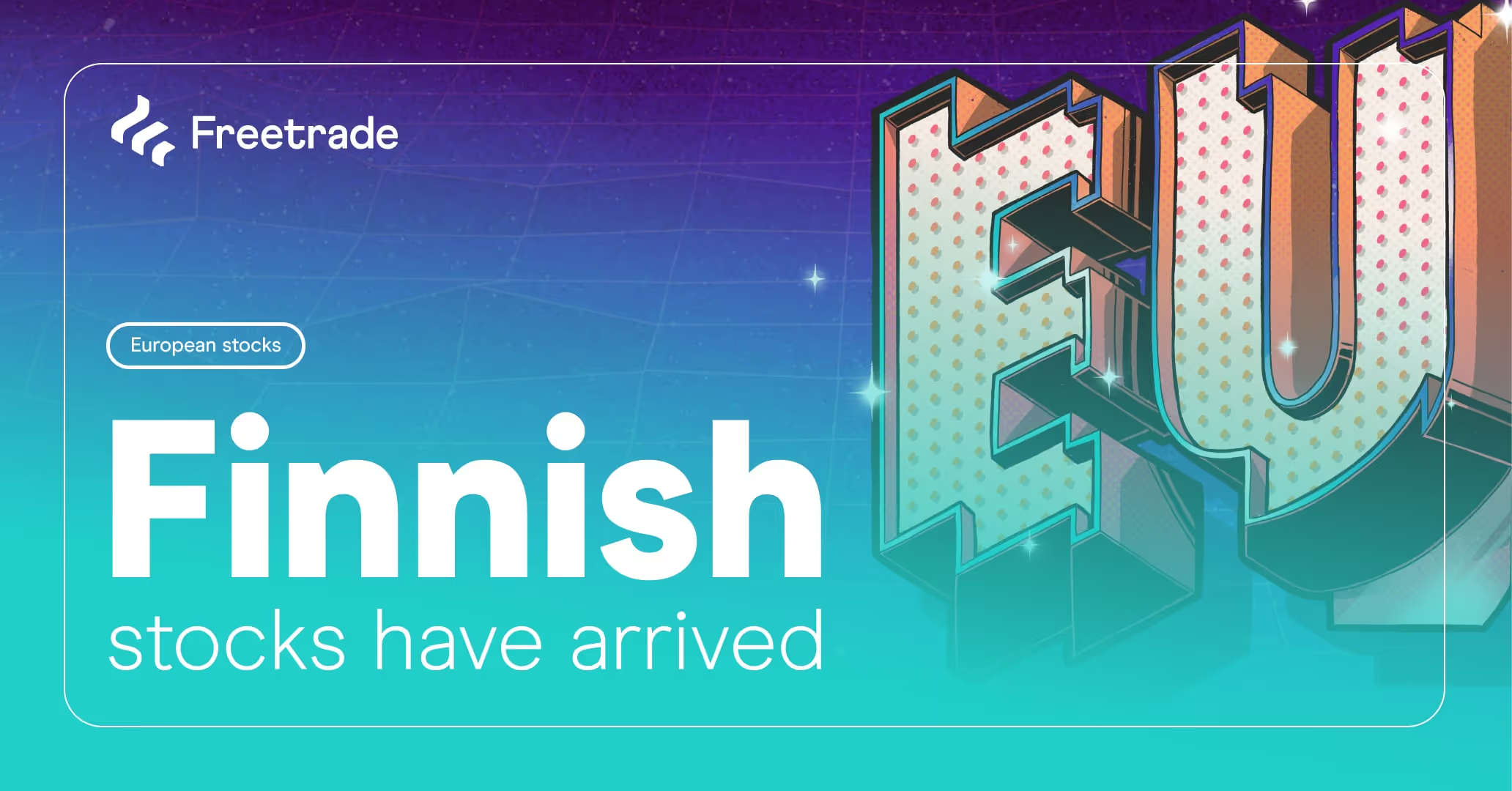Give your ESG ETF a closer look. Is it as green as you think?
It’s easy to see how ESG ETFs have risen in the popularity ranks.
They take the heavy lifting of research and stock picking off the table, leaving you with a simple way to invest sustainably.
ESG ETFs are usually less expensive than actively managed funds too. And given you’re getting a bundle of stocks rather than having to purchase shares in each, they probably come with less trading costs attached.
Ah, the broken promises of an ESG ETF.
What’s the big deal?
There’s a labelling problem in the world of ESG, particularly when it comes to identifying what those three letters mean in the first place.
Without a definition for what constitutes good “environmental, sustainability and governance” standards, attempts to evaluate the green merits of an ESG ETF are futile.
Case in point: iShares’ USD ESG ETF (DHYA) and its EUR ESG ETF (SUOE) have oil and gas in their portfolios.
iShares isn’t exactly shouting that from the rooftops, but it’s not concealing it either.
A quick peek into the ETF’s holdings is all it takes to discover what’s really under the bonnet.
Dig deeper
How have these funds simultaneously dubbed themselves ESG friendly, while investing in the most notorious polluting industry of all?
Elusive language.
DHYA’s fund describes its strategy as focused on “companies with stronger sustainable business practices than their industry peers.” Emphasis on the “er”.
7.7% of its $683m in assets are oil and gas, with $5.3m in American liquefied oil and gas exporter, Cheniere, and $1.1m in offshore oil producer, Ithaca Energy.
But maybe Cheniere and Ithaca have stronger sustainability practices than peers like Esso and Chevron. That’s an easy claim to make, given there’s no single measurement to determine that anyhow.
And sure, they’re some of the largest GHG emitters on the planet, but since they aren’t the largest, they can make the ESG cut.
Read more:
When diversification is dangerous
Big Oil's net-zero gaslight
How much money should I invest?
Green oil
SUOE on the other hand only includes bonds with “MSCI ESG ratings from the top four rating levels”.
MSCI’s ESG scale has a total of seven levels, meaning some of SUOE’s bonds are deemed “average”, with a “mixed or unexceptional track record [for] (...) the most significant ESG risks”.
5% of SUOE’s €2.4bn assets are oil and gas, with a notable mention for its €1.7m stake in Exxon Mobil and another €1.5m in Italian gas giant, Eni.
Until BP usurped it from its top spot in 2010, Exxon was responsible for the biggest oil spill, ever.
Its 1989 disaster leaked 53.1m gallons of oil off the Alaskan shore, ultimately spreading 1,300 miles along the coast.
That sounds like a “mixed” track record, to say the least.
Dirty tech
While perhaps not as obvious as oil behemoths or tobacco giants, big tech’s a major polluter. It’s also a frequent ESG ETF holding.
The iShares MSCI UCITS ETF claims to track an index of American ESG screened companies.
The fund’s top two holdings are Tesla and NVIDIA. On the surface, Tesla’s electric vehicles (EVs) could strike one as an eco-friendly investment, but the supply chain has a lot of grime on the tyres.
Thirsty chips
Semiconductors are the heart of any EV. And demand has been on a tear as countries look to ban future sales of gas and diesel vehicles to meet net-zero targets.
Work-from-home mandates also gave semiconductors a skip in their step, ushering in soaring tech sales as we kitted out our new home offices.
Although these chips are small, they power a lot of big things, and they’ve got a carbon footprint to match.
NVIDIA is a US-based chipmaker, and it’s a big one, amongst America’s ten biggest public companies to be exact.
Scope it out
The firm’s Scope 1 and 2 GHG emissions increased by 9.5% between its 2019 and 2020 financial year.
Scope 1 emissions are those made directly by the firm, while Scope 2 are indirect emissions, like those from electricity or other power sources.
NVIDIA’s energy usage soared by 24% that year too, as the firm increased its global footprint and operations to meet the unprecedented demand for its chips.
Most of that energy came from non-renewable sources, with these purchases growing by 60%.
This issue isn’t limited to iShares, nor is it strictly an NVIDIA problem.
About 9% of the iShares Dow Jones UCITS ETF is semiconductors, and those firms make up nearly 7% of the Lyxor Net Zero 2050 S&P Eurozone Climate UCITS ETF.
As was the case with oil companies in ESG ETFs, understanding how chipmakers end up in these funds is as simple as reading the fine print (or lack thereof).
Lyxor’s ETF states its objective is to track companies “collectively compatible with a 1.5°C global warming climate scenario”.
Behold, the power of broad and vague wording to evade liability for dirty holdings.
Diversify or die
All this may spook investors relying upon their ESG investments as a means of diversification.
Many of the largest holdings in ESG ETFs are big-name firms from the S&P and UK 100 - which could very well already be constituents in your portfolio.
That’s why it’s vital to at least have a general understanding of an ETF’s makeup.
So what?
There’s a clear path for cleaning up these murky waters, and it starts with consensus for what ESG means in the first place.
Only through tangible, quantified targets will these funds be able to prove how their holdings are meeting them in the first place.
If a fund fails to do so, it shouldn’t be permitted to use those three powerful letters - which can all too easily dupe and mislead investors.
In the meantime, sustainable funds need a rebrand. Many ESG ETFs are just too colourblind to deserve a “green” status.
This should not be read as personal investment advice and individual investors should make their own decisions or seek independent advice. This article has not been prepared in accordance with legal requirements designed to promote the independence of investment research and is considered a marketing communication.When you invest, your capital is at risk. The value of your portfolio can go down as well as up and you may get back less than you invest. Past performance is not a reliable indicator of future results.Freetrade is a trading name of Freetrade Limited, which is a member firm of the London Stock Exchange and is authorised and regulated by the Financial Conduct Authority. Registered in England and Wales (no. 09797821).


.avif)






.avif)



